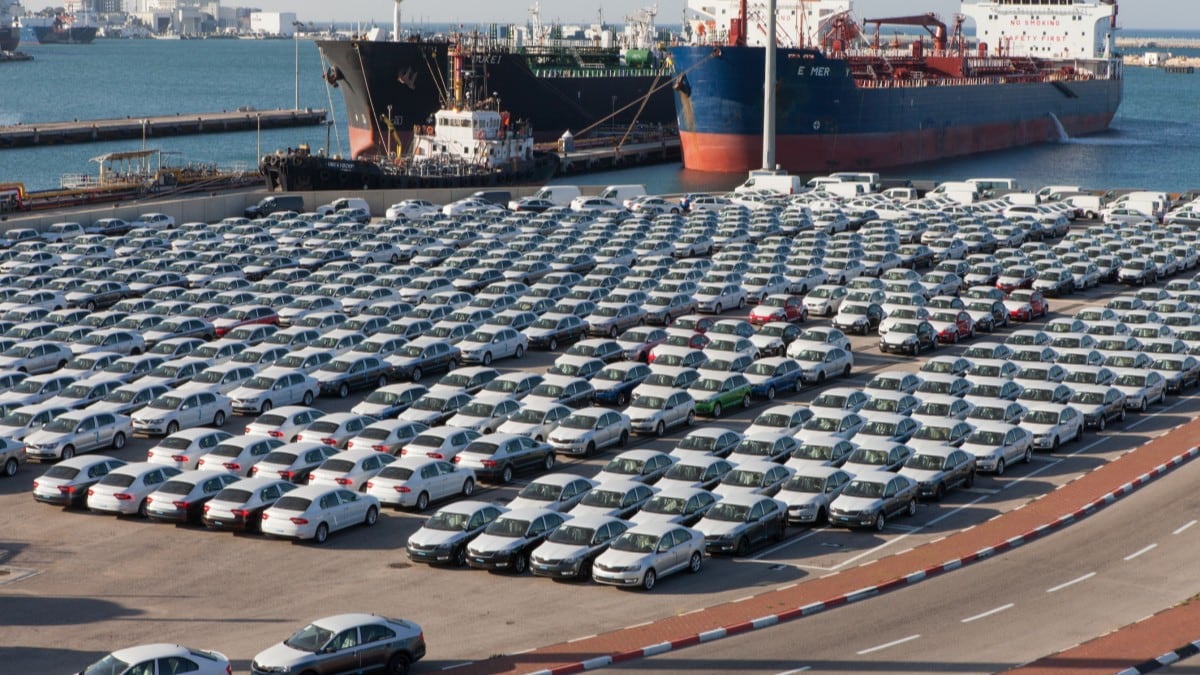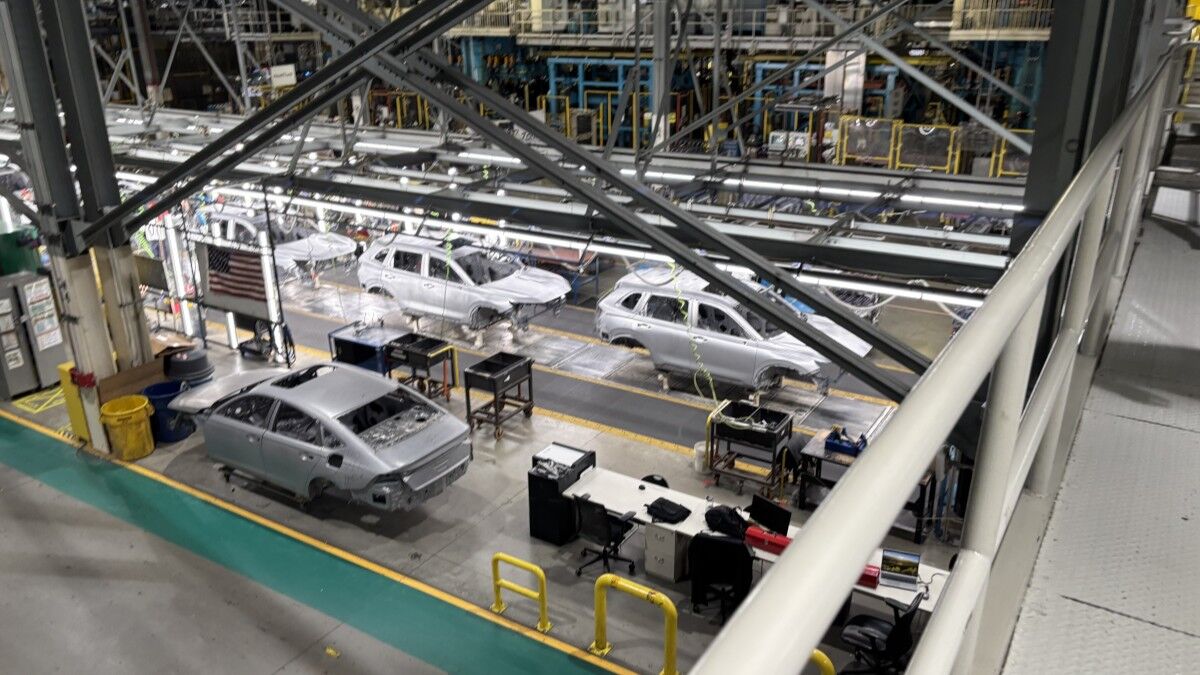Late Wednesday, a federal trade court found some of President Trump’s sweeping tariffs illegal. A day later, an appeals court granted a temporary stay pausing that ruling while it hears arguments over whether the case was correctly decided.
The dueling decisions have left confusion over what, exactly, is currently subject to tariffs. Even the people who make and import car parts aren’t entirely sure which car parts are currently subject to tariffs.
The final outcome of the case will bring little change to new car prices, but could have some impact.
Industry-Based Tariffs and Country-Based Tariffs
Trump has enacted several separate sets of levies. Some affect specific industries, including the car and car parts industries. The now-paused decision does not change those.
It applies to a different set, which tariffed products from each country. These are so-called “reciprocal tariffs.” The court found that the president had improperly based those tariffs on a law that couldn’t be used to justify levies.
The country-specific tariffs apply to a limited set of car parts, reports industry publication Automotive News.
The industry-specific tariffs still in effect apply to a specific list of car parts. However, automakers also use some parts that are not on that list. Those, most of which also have uses outside the auto industry, were subject to the reciprocal tariffs now in dispute.
“The trade court’s ruling — if it stands — would mean that many imported auto parts — such as door handles, hood panels and electronic control units — that were subject to reciprocal and drug trafficking tariffs would become now duty-free,” explains Automotive News.
Importers might even be due refunds for fees they’ve already paid. The New York Times explains, “The United States would have to reimburse billions of dollars, plus interest, to companies that have paid the levies.”
Industry Feeling It; Shoppers More Insulated
The court conflict is unlikely to change car prices in the short term. Automakers have been working to keep prices stable, not adjusting them to account for day-to-day fluctuations. The average new car’s price rose by just 2.5% in April despite most levies holding at 25%.
But Collin Shaw, president of the automotive parts supplier organization MEMA, tells Automotive News the parts industry is in limbo. “Until we know a little bit more, everybody’s still working as they have been,” he said. “It’s more of a wait and see.”








